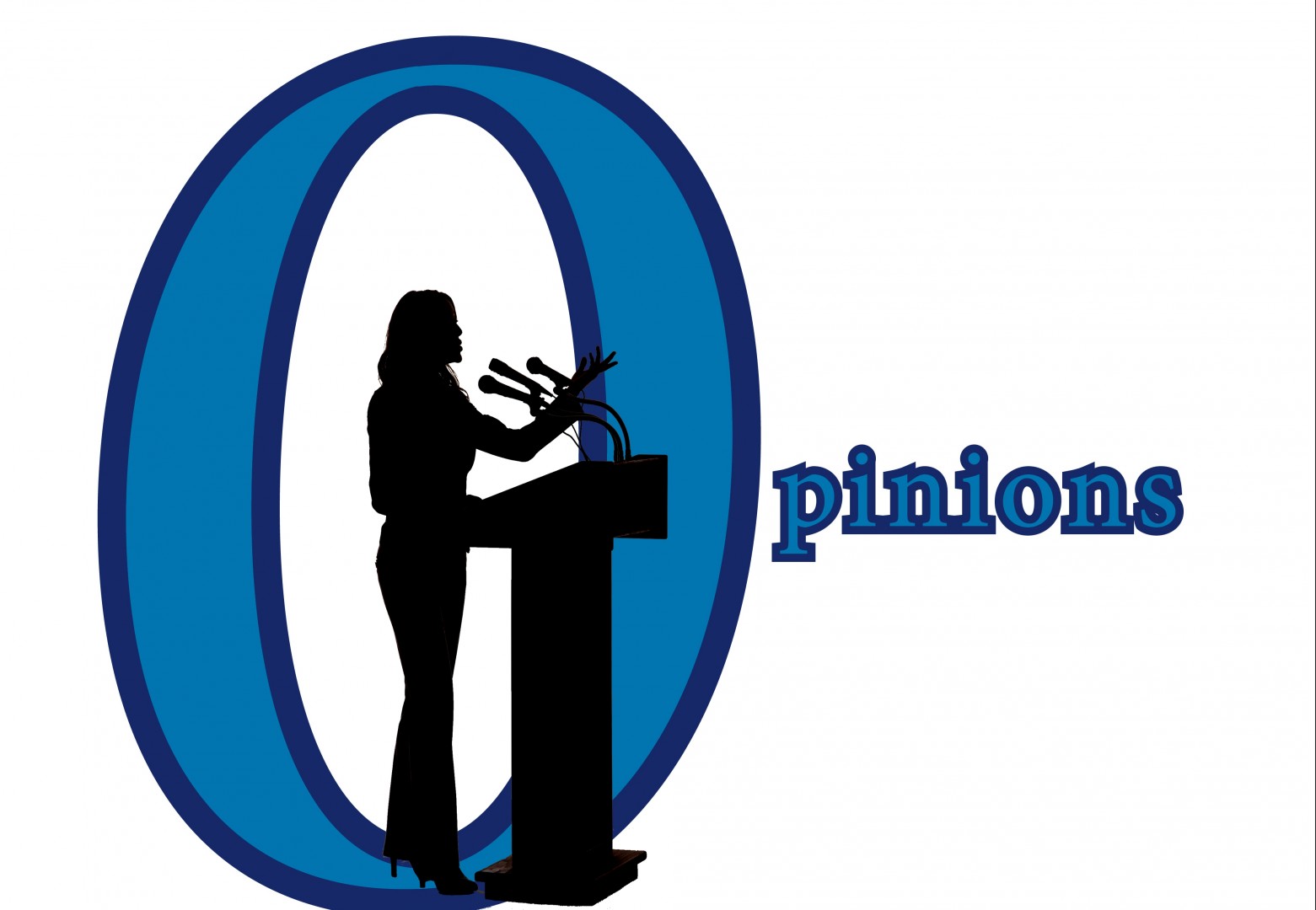The minimum wage debate has been brought back to light since President Obama’s State of the Union Address. In that speech, he announced that he would like to see the federal minimum wage be raised to $9 per hour. At the current rate of $7.25 per hour, this increase is just over 24 percent, which is a rather large jump. While I agree that the minimum wage should increase, I believe this drastic increase could be extremely detrimental.
At the current rate, a family of three with one full-time worker would be making less than the poverty rate. For hardworking Americans, this should not be the case. So any increase in wages that will make life a little easier for these people by not having to worry as much with bills and payments is great in my book.
Raising the minimum wage a little bit would also be beneficial because lower-level income families that need the extra income would be more likely to spend it rather than save it. This will continue the flow of money into the economy and increase consumer spending, which will help drive demand. It will essentially be a boost to the system.
However, with such a large increase so quickly, I fear about some economic impacts. First, prices will probably rise. It only makes sense that they would. This is supported by various employers including Subway’s CEO Fred Deluca. He has publicly stated that raising the minimum wage that much that quickly will cause his prices to go up. Because when the costs of production are higher, the costs passed on to the consumer are also higher.
It may also force employers to have to rethink hiring workers. If they don’t want their prices to increase, the other option would be to not hire any additional workers. This could dampen the employment rate around the country. This is supported by employers such as the CEO of Euro Pacific Capital, Peter Schiff. Schiff points out that raising the minimum wage that much in an economy with 7.8 percent unemployment will only raise costs for employers and make hiring workers less likely.
I recognize that many states, including Colorado, already have minimum wage rates higher than the current federal rate. However, only one state, Washington, has a minimum wage of $9 or more. Washington has an unemployment rate of 7.6 percent, which is lower than the national rate. Oregon, on the other hand, is the state with the second highest minimum wage rate at $8.95, but has an unemployment rate of 8.4 percent. While it seems that a higher minimum wage does not counteract the unemployment rate, it can in fact contribute to a higher rate. Furthermore, because the rest of the country is at much lower rates, a huge increase like what is proposed would only be a shock to the system.
This proposal to raise the minimum wage to $9 is actually a compromise by the President. Campaigning for office in 2008, he had originally wanted $9.50 but recognized that this was unlikely to make it through Congress. Now with the current offer, he hopes that more members of Congress can find it acceptable.
I hope not.
The minimum wage needs to increase, no doubt, but at something more accommodating for employers. I am neither an economist nor an expert in math, so for me to pick a rate more acceptable would be senseless. I just know, from listening to employers speak about this proposal, that $9 is too much of an increase for the moment.










